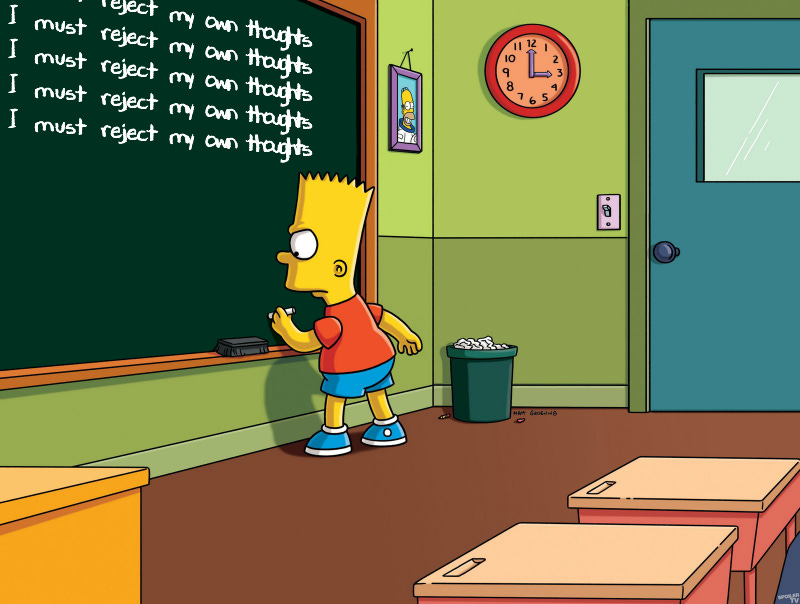I think one of the secrets of improving as a writer is tucked away in Alexander Pope’s Preface to his Works (1717).
Pope says —
I believe no one qualification is so likely to make a good writer, as the power of rejecting his own thoughts…
Such a little thing, and so much in it.
Let’s note the his, and regret it, and look at the substance.
Why should self-rejection be a power? Why does it act as qualification?
Well, how we humans get better at anything can seem a mystery. Philosopher Agnes Callard’s account of aspiration seems to me a brilliant go at explaining how we can come to acquire values we don’t start valuing. For example, an appreciation of atonal classical music.
It can feel a lot less rational than this, however.
If inside ourselves we are all a great mush of confusion and sense memory and wilfulness and influences (and memes), then how does any one part of this operate on any other?
We can seem not so much a mechanism as a milkshake — containing chocolate sprinkles, brainrot.
Yes, we practice. We do things again and again. There’s muscle memory for minor scales on the guitar, and there are neurons forming connenctions and storing away the French verb forms we encounter on Duolingo.
But writing is different. You might gain something from repeatedly copying out one of your sentences, as Bart Simpson does his chalkboard lines, but aesthetic improvement depends on daring big unknowns and also testing out tiny alterations.

What Alexander Pope is saying — as I understand it — is that if we separate our thoughts from ourselves, which we do by writing, and then by reading our writing, and then by erasing or destroying part of all or it, then we immediately create leverage.
Pope goes further than this —
For what I have publish’d, I can only hope to be pardon’d; but for what I have burn’d, I deserve to be prais’d.
Which is probably going too far.
I am not advising back garden book burnings.
But However, I think simply deleting our words on from a screen may not be enough. I think it’s better for the inadequate and rejected thoughts to be gone but there, crossed out, visible for a while.
This is why I often encourage students to write by hand, on paper, so that their drafts can get messy, and their past versions of a sentence can hang around in view.
Look, they are saying to themselves, I did that but I’m not doing it again — not that way.
And with this act of separation of self from less-good-self, we self-distance and self-improve.
I used to joke that Writer is to text as dog is to vomit.
In order to train our writing selves not to do bad things, we need to take ourselves back to our little piles of puke. We need to stick our noses in it. We need to say, Bad dog.
But there are plenty of dogs who’ll think, Mmm, looks yummy, and start lapping it up.
The dog needs to learn to reject his or her own pleasures and indulgences.
The qualification here — the one that Pope points out — is gained by those who get better and better at self-rejection.
They no longer accept just any old version of themselves; they only let through the unique or original or unprecedented or the merely good.
Clichés are cut, but also perfectly decent sentences that don’t try hard enough, or that try too hard.
This, it seems to me, is what rewriting is about.
You’re not revising the text, you’re revising yourself.


Excellent piece toby
Love this article—it’s thought-provoking and very funny.
One of the reasons I love writing with Scrivener is its ability to preview snapshots alongside current versions. Since the tool allows me to arbitrarily break longer pieces into shorter, more self-contained 'snapshotable' sections while still reading them as a cohesive whole, I wonder if this might be the best of all possible piles of vomit.